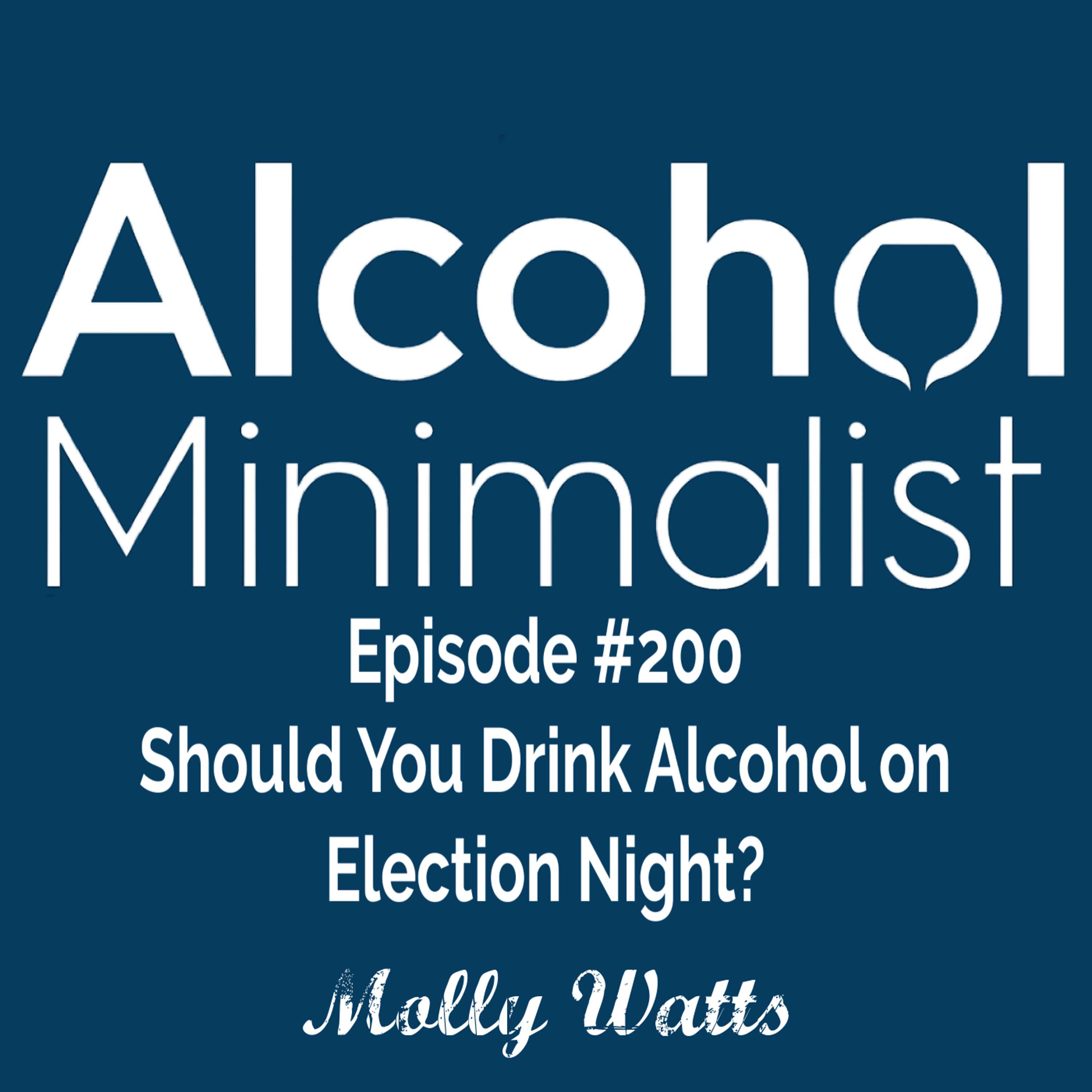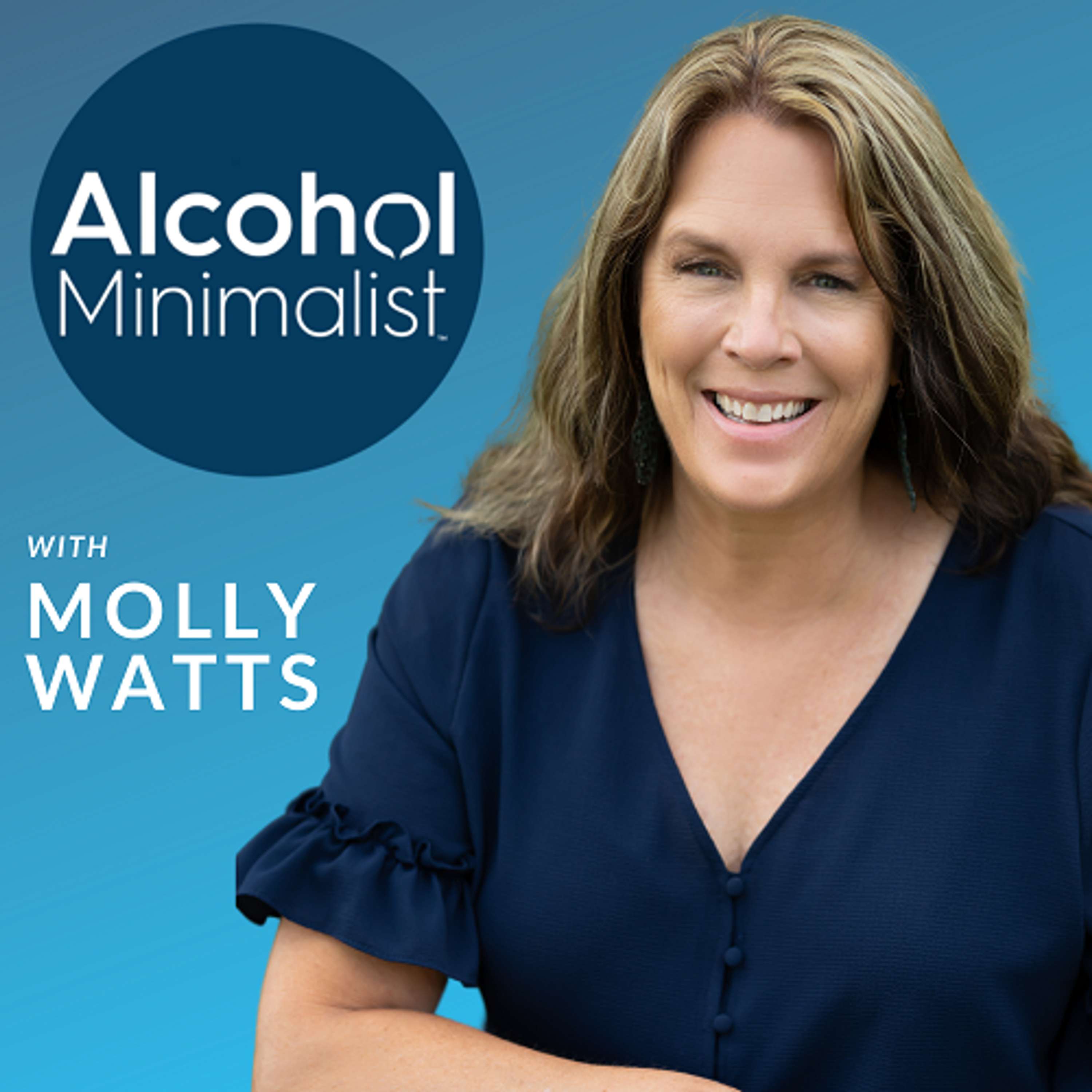
Should You Drink Alcohol on Election Night?

Alcohol Minimalist: Change Your Drinking Habits!
Shownotes Transcript
This week's episode is focused on the anxiety, stress and overwhelm that many people are feeling as we approach the US presidential election on November 5th. Understanding how to calm our brains without turning to alcohol will be very important in the next few weeks. Recognizing when our brains are catastrophizing and stopping that cycle is critical to our sense of well-being. We're also talking about making the decision to drink on election night and what that might look like.
Resources Mentioned: Think Thursday: The Neuroscience of Deep Breathing and Emotional Resilience )Episode #36 Unwinding Anxiety)
Check out Drink-Less Success to further your efforts for More Sober October!)
New to the podcast? Download the Podcast Listening Guide).
Want to schedule a call to talk about how I work with people? Click here for a FREE call. ))Join my private FB group Alcohol Minimalists here: https://www.facebook.com/groups/changeyouralcoholhabit)****
Has this podcast helped you? Please leave a review.)
**Follow me on Facebook & Instagram: @AlcoholMinimalist **
Low risk drinking guidelines from the NIAAA:
Healthy men under 65:
No more than 4 drinks in one day and no more than 14 drinks per week.
**Healthy women (all ages) and healthy men 65 and older:**No more than 3 drinks in one day and no more than 7 drinks per week.
One drink is defined as 12 ounces of beer, 5 ounces of wine, or 1.5 ounces of 80-proof liquor. So remember that a mixed drink or full glass of wine are probably more than one drink.
Abstinence from alcoholAbstinence from alcohol is the best choice for people who take medication(s) that interact with alcohol, have health conditions that could be exacerbated by alcohol (e.g. liver disease), are pregnant or may become pregnant or have had a problem with alcohol or another substance in the past.
Benefits of “low-risk” drinkingFollowing these guidelines reduces the risk of health problems such as cancer, liver disease, reduced immunity, ulcers, sleep problems, complications of existing conditions, and more. It also reduces the risk of depression, social problems, and difficulties at school or work.
)
** ★ Support this podcast ★) **